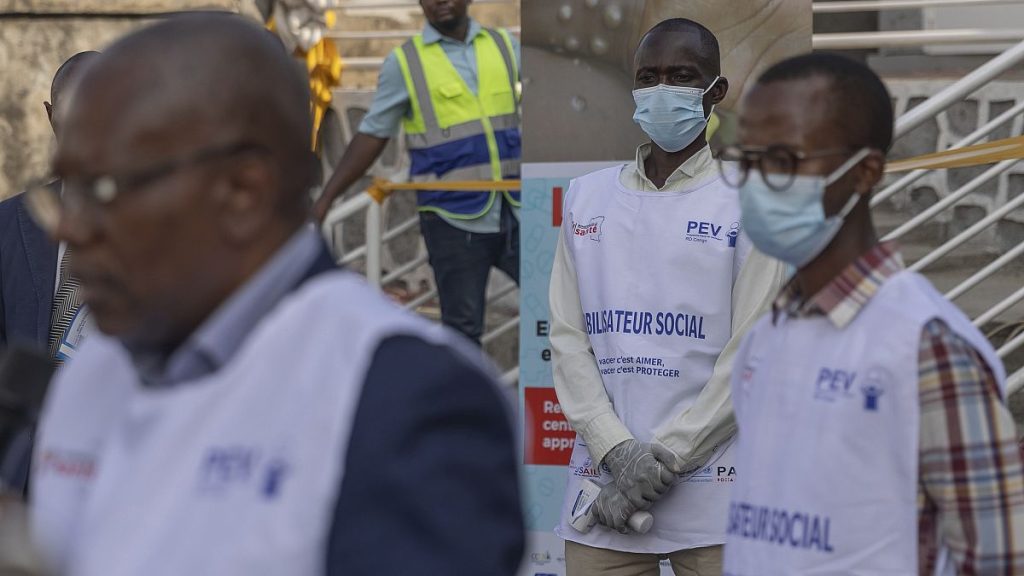In the Democratic Republic of Congo (DRC), a mysterious disease has emerged, resulting in at least 67 fatalities within a two-week period, specifically from November 10 to 25, in the Panzi health zone of Kwango province. Local health officials have recorded concerning symptoms among those affected, which include fever, headache, cough, and signs of anemia. The provincial health minister, Apollinaire Yumba, has been vocal in underscoring the alarming nature of this outbreak, as the community begins to grapple with this unexpected health crisis. Furthermore, deputy provincial governor Rémy Saki has estimated that the death toll may be even higher, with reports suggesting that between 67 and 143 individuals have lost their lives as a result.
In light of the outbreak, officials are mobilizing a response to better understand the situation and contain its further spread. A team of epidemiological experts is expected to arrive in the region soon to collect samples, aiming to identify the disease responsible for the sudden spike in mortality. This effort is crucial, given the unknown nature of the illness, which potentially poses a risk of widespread transmission. Yumba has taken preventive measures by advising the local population to refrain from touching deceased individuals, a recommendation aimed at minimizing the risk of contamination and further spread of the disease.
Additionally, the provincial health minister has called for a united response from both national and international partners, emphasizing the need for medical supplies to aid in addressing the unfolding health crisis. As the DRC faces this latest challenge, it serves as a reminder of the vulnerabilities in the region’s healthcare systems and the importance of a rapid and coordinated response to emerging disease threats. This situation has drawn the attention of various health authorities, including Nicaise Ndembi, a senior advisor to the Africa Centres for Disease Control and Prevention (Africa CDC), who reported ongoing investigations into this health alert in collaboration with the DRC government.
Compounding the urgency of this outbreak, the Democratic Republic of Congo is simultaneously battling an epidemic of mpox, which has already led to over 47,000 suspected cases and more than 1,000 suspected deaths within the country, as reported by the World Health Organization (WHO). The dual health crises present considerable challenges for local healthcare resources, which are already strained. The significant overlap in symptoms and presentations between the unknown disease and existing health threats like mpox raises additional concerns regarding diagnosis, treatment, and the broader implications for public health measures in the region.
The unfolding situation enhances the need for increased surveillance and public health measures to mitigate the effects of both the unknown disease and ongoing mpox epidemic. Authorities are likely to face various hurdles, such as potential reluctance from the public to seek treatment, misinformation, and logistical challenges in terms of obtaining necessary medical supplies and support for healthcare facilities. Thus, public health education and community engagement will be vital components of the response strategy, ensuring that individuals are informed about the risks, encouraged to seek care, and equipped with the correct knowledge to prevent infection.
As the DRC navigates these pressing health challenges, the collaboration between local healthcare authorities, international partners, and health organizations will be essential in addressing the current crisis. Stakeholders must coordinate efforts effectively to establish robust surveillance and response mechanisms capable of dealing with the immediate health threats while also strengthening the health systems for long-term resilience against such diseases in the future.














